Recently uncovered documents have shed light on an agreement between Adani Group, an Indian multinational conglomerate, and the Kenya Airports Authority (KAA) concerning a 30-year lease of Jomo Kenyatta International Airport (JKIA).
This deal, marked by secrecy and allegations of corruption, has drawn significant public and political attention.
According to the documents, the arrangement between Adani and KAA was brokered without any public participation or transparency.
Such an omission has raised questions about the deal’s legitimacy and the potential impacts on Kenya’s primary international gateway.
The lease’s terms and conditions, which are typically expected to undergo rigorous scrutiny and public debate, were instead agreed upon behind closed doors.
One of the key figures implicated in this deal is Kipchumba Murkomen, the former Kenyan Cabinet Secretary for Transport, Infrastructure, Housing, Urban Development, and Public Works.
Allegations suggest that Murkomen was in the final stages of finalizing the lease of JKIA to Adani Group, a company with a controversial reputation in international business circles.
Critics argue that Adani Group’s involvement could compromise the airport’s integrity and efficiency due to the company’s contentious history.
Central to the controversy is the claim that Murkomen received substantial kickbacks through a company based in the United Arab Emirates (UAE) named
“Consortium Company Holoco Abu Dhabi.” This entity is purportedly the vehicle through which illicit payments were funneled to facilitate the deal.
The existence of such a company, which seemingly served no purpose other than to channel bribes, points to deep-seated corruption in the transaction.
The lack of public participation in this significant infrastructure deal has fueled further outrage.
In democratic processes, particularly those involving public assets, transparency and citizen engagement are paramount.
The exclusion of public input in the JKIA lease agreement contravenes these principles and undermines trust in government institutions.
The potential repercussions of this deal are substantial.
JKIA, being the largest and busiest airport in East and Central Africa, plays a critical role in the region’s connectivity and economic development.
Handing over its operations to a foreign entity without public consent could jeopardize national interests and security.
The involvement of a company with a controversial track record like Adani Group raises additional concerns.
Critics highlight instances where Adani’s operations in other countries have led to environmental degradation, financial misconduct, and socio-economic issues. Such a company managing Kenya’s primary airport could bring similar challenges.
The ongoing investigation and the promise of more details to emerge underscore the need for accountability and transparency.
It is crucial that any infrastructure deal, especially one as significant as the leasing of JKIA, be subjected to thorough public scrutiny and debate.
This ensures that the interests of the nation and its citizens are safeguarded against corruption and malpractice.
The revelation of the JKIA lease agreement between Adani Group and KAA, shrouded in secrecy and marred by allegations of kickbacks, highlights the pressing need for transparency in governmental dealings.
The involvement of Kipchumba Murkomen and the use of Consortium Company Holoco Abu Dhabi as a conduit for bribes demand a comprehensive investigation.
Ensuring that public assets are managed in a manner that prioritizes national interest and public trust is paramount for Kenya’s democratic and developmental aspirations.







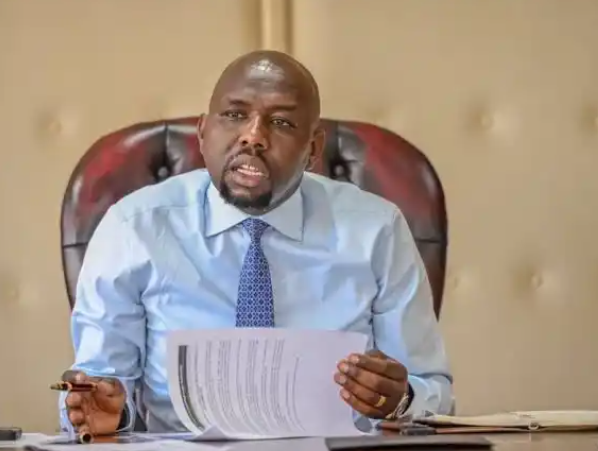







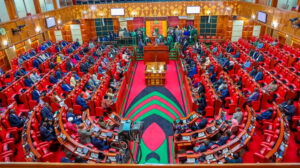


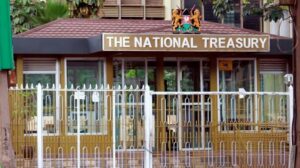
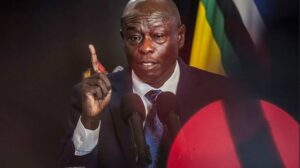
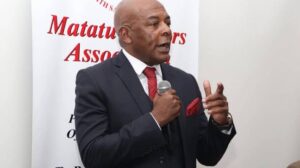
Add Comment